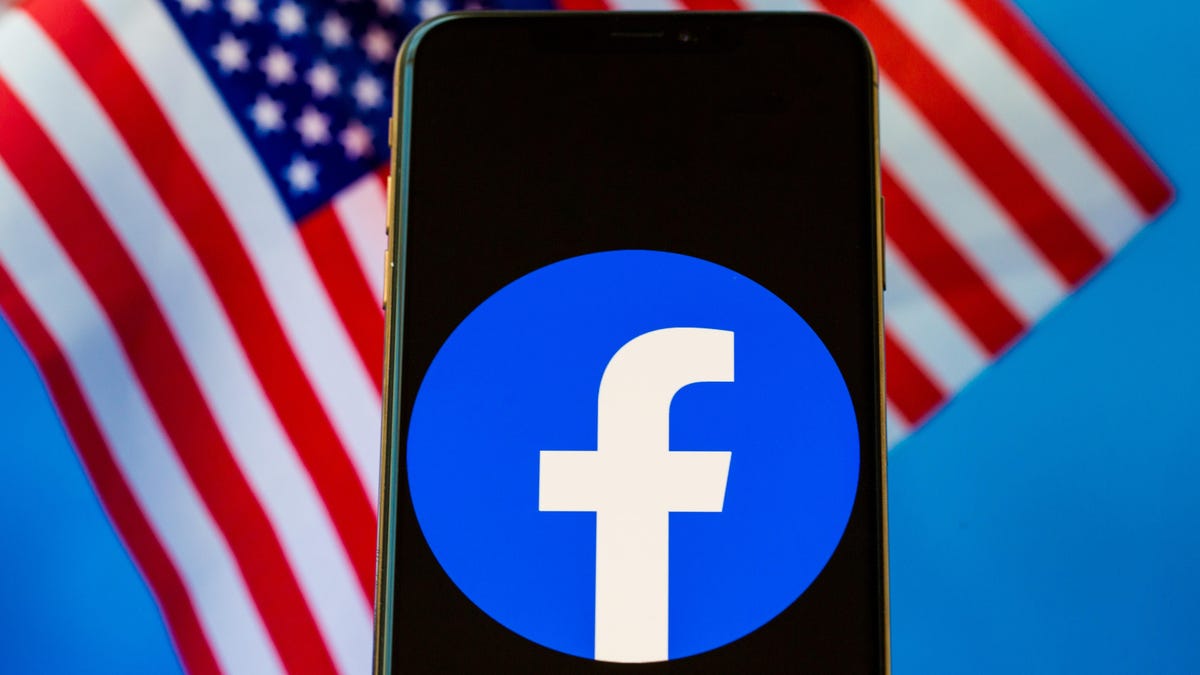Facebook says it's removing Trump campaign's 'census' ads
Critics say the ads could create confusion about the 2020 US Census.

Facebook has faced criticism for how it handles misinformation in political ads.
Facebook said Thursday that it's removing ads from President Donald Trump's reelection campaign that could create confusion about the 2020 US Census.
The ads direct supporters to take a survey the campaign calls the "Official 2020 Congressional District Census." Facebook's decision comes after critics, including House Speaker Nancy Pelosi, slammed Facebook for not removing the ads because people might mistake the campaign's survey with the official US Census. Trump and Vice President Mike Pence ran the ads on their Facebook pages a week before people could start answering US Census questions.
Trump's reelection campaign posted ads on Facebook asking supporters to participate in a survey referred to as the "Official 2020 Congressional District Census."
The move shows how Facebook can still take action against political speech even if the site doesn't send posts from politicians to fact-checkers. The company has pushed back against allegations it censors conservative speech, but it has also stayed away from being the "arbiter of truth." In December, the company said it would ban misleading posts and ads that aim to prevent people from participating in the 2020 US Census. Those rules also apply to politicians.
The census, which takes place every 10 years, helps determine which states and communities get billions of dollars in federal funding and the number of seats each state gets in Congress. Misinformation about the census is already floating around, and the US Census Bureau had asked Facebook, Google and Twitter to help fend it off.
"There are policies in place to prevent confusion around the official U.S. Census and this is an example of those being enforced," a Facebook spokesman said in a statement about the removal of the Trump campaign ads.
Political newsletter Popular Information reported earlier on Thursday that Facebook initially said thousands of Trump ads didn't violate its policy that barred census interference because they included information about the campaign. Vanita Gupta, president of The Leadership Conference on Civil and Human Rights, a coalition of 200 civil rights groups that helped the company create the policy, disagreed with the decision. So did Pelosi, who called the Trump campaign's survey "an absolute lie," according to the Associated Press. The survey that the Trump campaign refers to as a "census" asks people about their age, political party, whether they'll vote for Trump, and other information.
By early Thursday afternoon, Facebook said it would take down the ads. Facebook's public ads database shows that some of the ads are still up. A spokesman said Facebook is in the process of removing them.
"While we're gratified that Facebook shut down Trump's attempt to sow confusion about how and when to participate in the 2020 Census, it's disturbing that the ads weren't immediately removed," Gupta said in a statement.
Trump's campaign didn't respond to a request for comment.
This isn't the first time Facebook has pulled down a Trump campaign ad. In 2018, the company removed a controversial immigration ad by Trump's reelection campaign for violating its rules against "sensational content."
Originally published March 5, 1:40 p.m. PT.
Update, 2:37 p.m.: Includes info about Trump ad that Facebook pulled down in 2018.

